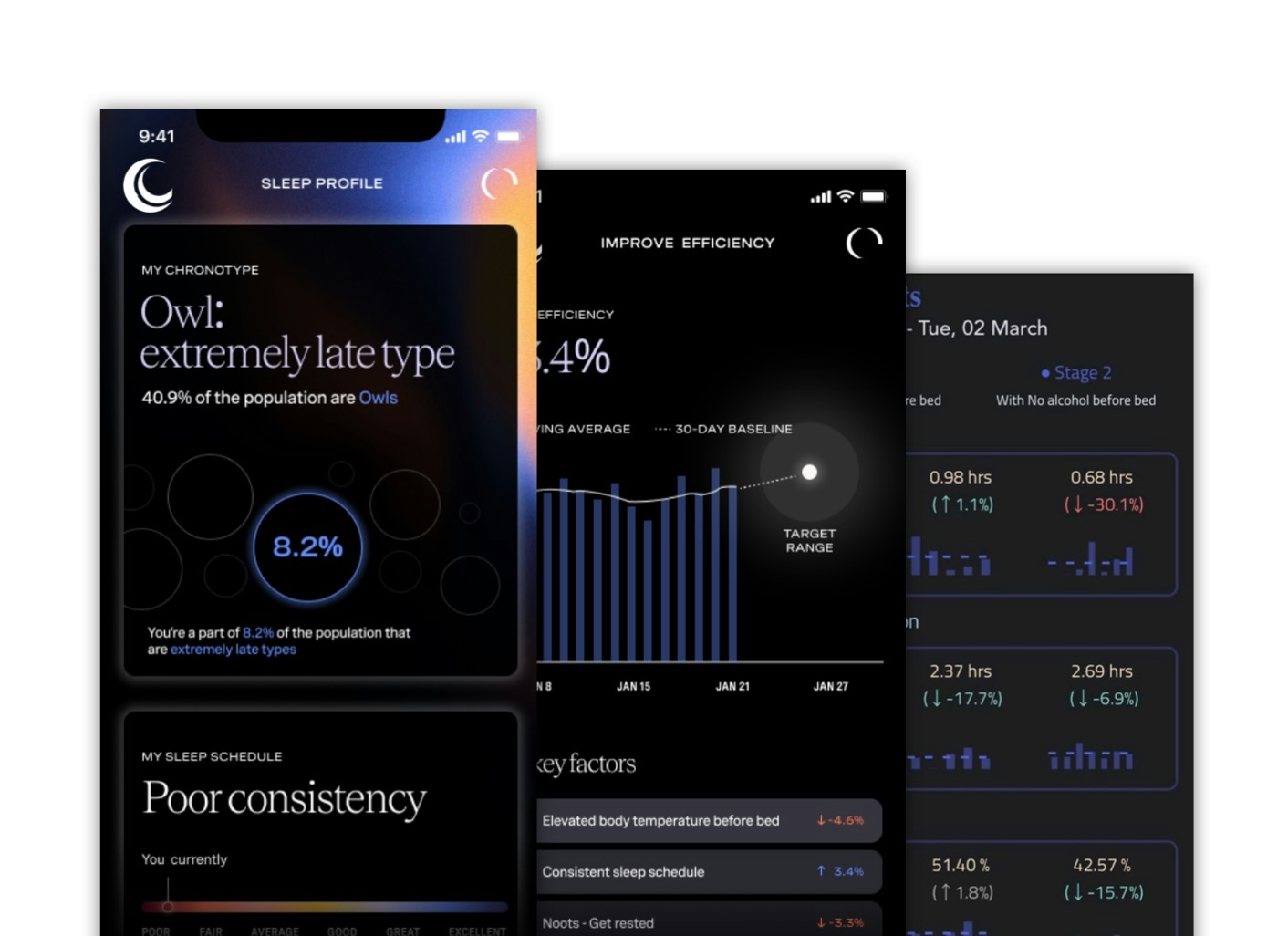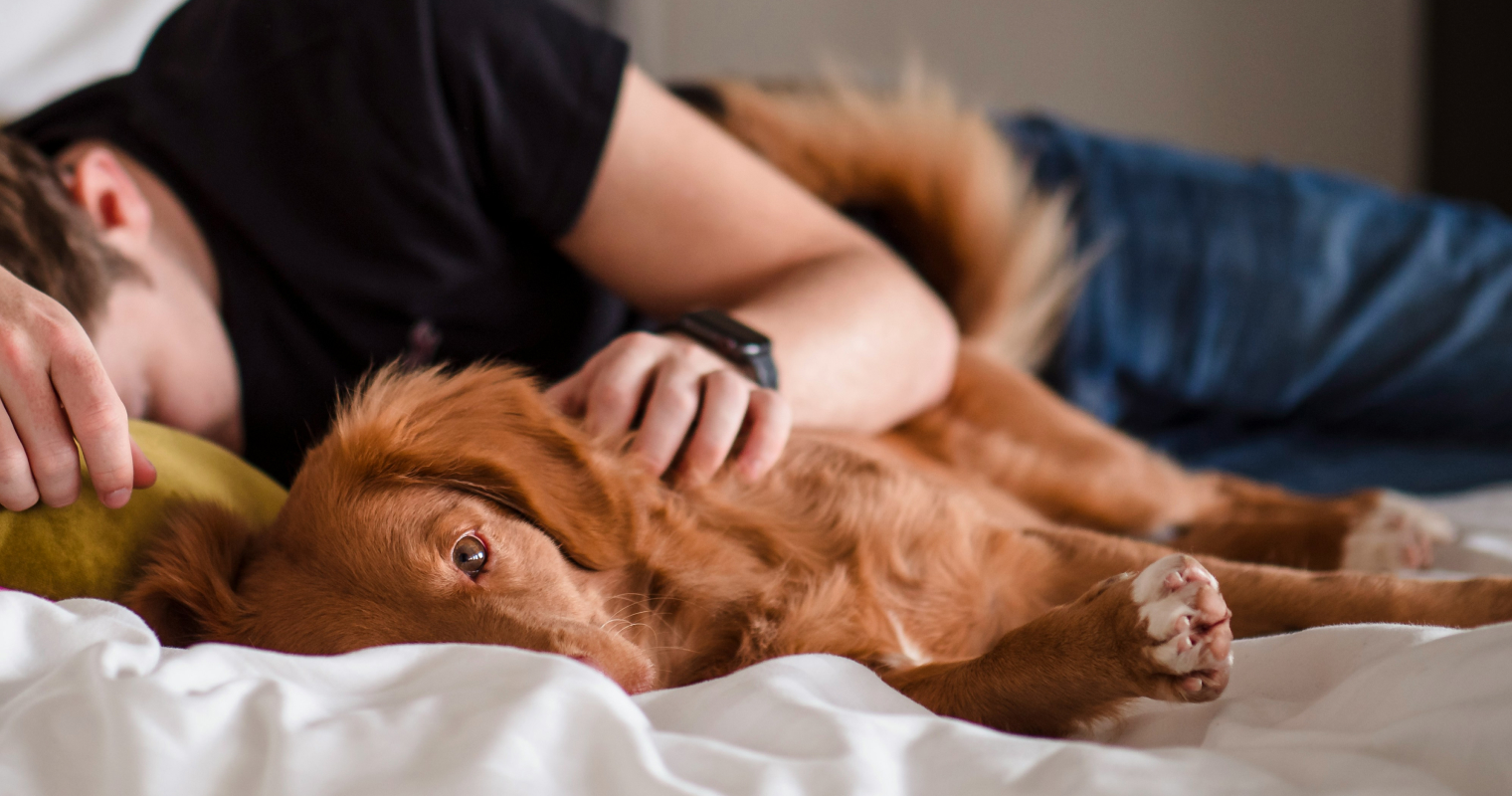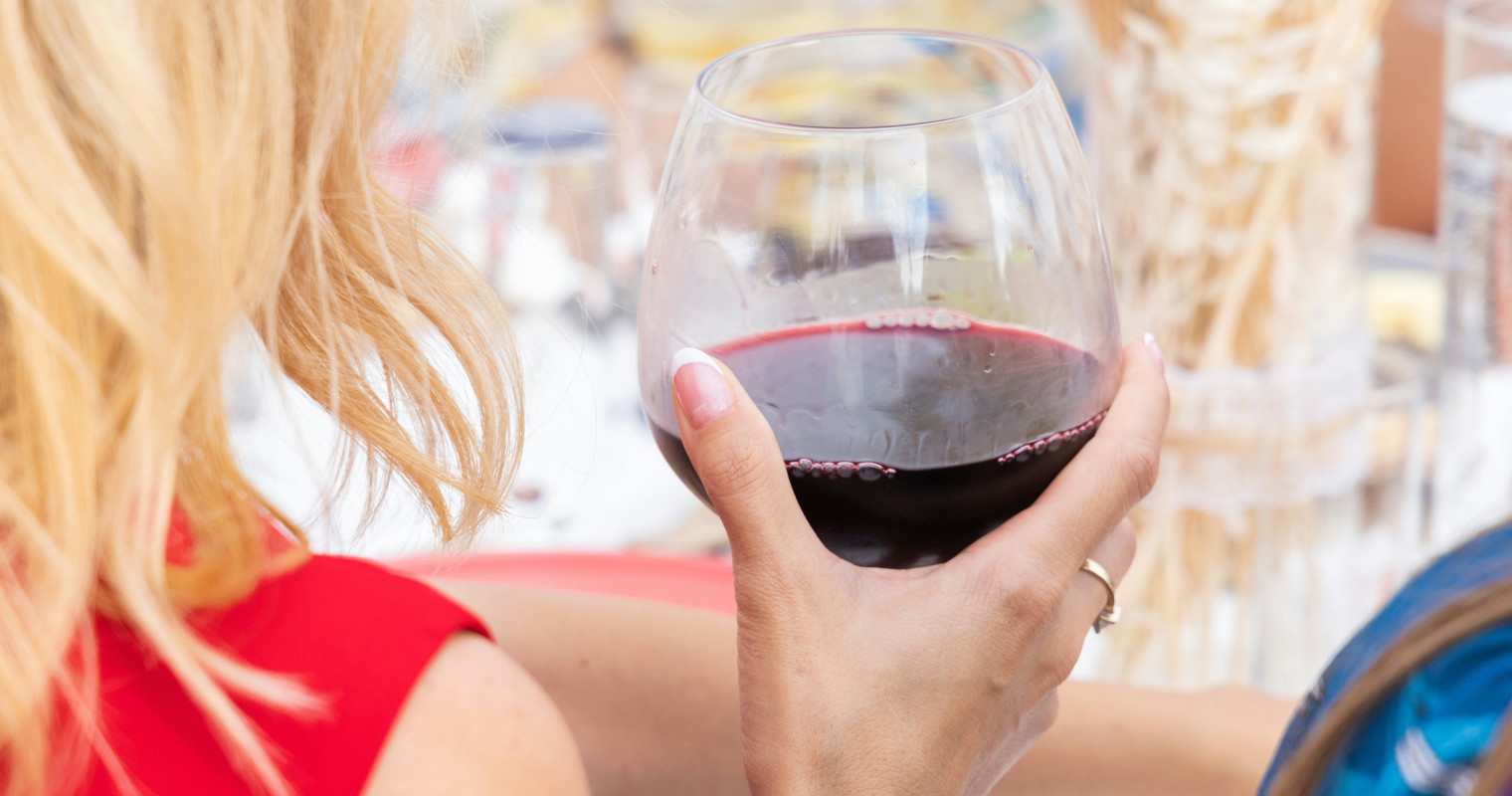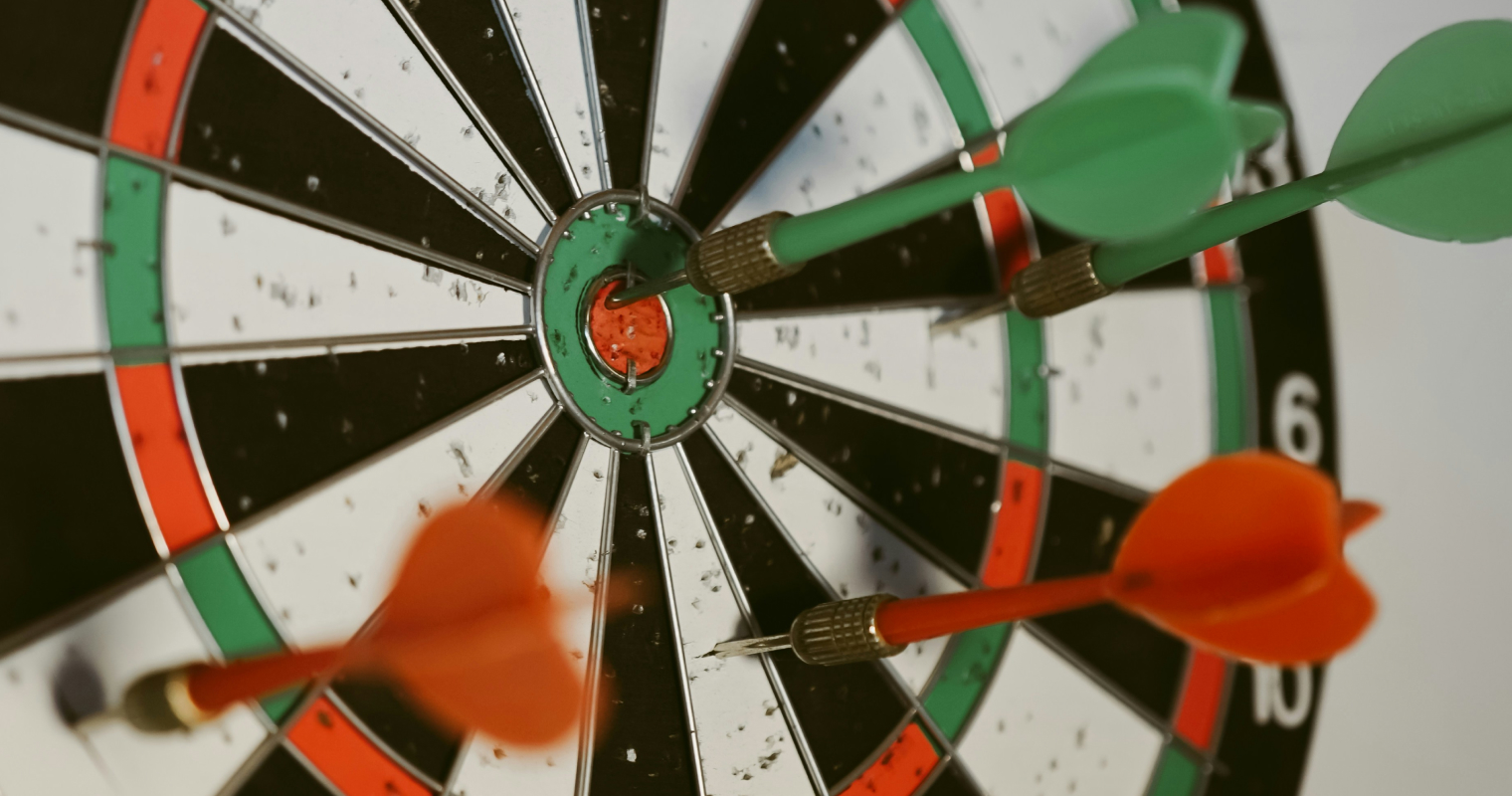Last Updated on May 19, 2023
This post was written in partnership with our friends at Crescent, which offers personalized sleep coaching & programs, designed to help you sleep and live at your best.
The association between alcohol and sleep is confusing to many. Alcohol is a central nervous system depressant, meaning it slows down all of the functions of your brain ranging from thinking to breathing and other automatic functions.
Alcohol consumption affects sleep in a few ways. Once it is absorbed into the bloodstream after being filtered through the stomach and small intestine, alcohol travels throughout the body. The concentration of alcohol hits most organs equally, except for the liver which receives a higher “dose” due to its proximity to the small intestine and stomach. Importantly, it spreads throughout the brain. The process for alcohol to cross the blood brain barriers occurs in approximately 5-10 minutes.
When alcohol hits the brain, it impacts a few neurotransmitters including GABA, which helps regulate the nervous system. Alcohol interferes with the body’s ability to produce GABA and mimics its effects, slowing down our brain’s activity. This is when we might notice someone having difficulty speaking or walking after consuming larger quantities of alcohol, or notice them feeling drowsy.
After some of the alcohol is metabolized, excitatory glutamate is released which has more of an activating effect. Glutamate disrupts sleep when it enters the reticular activating system, which regulates sleep/wake processes.
This is why we tend to see lower sleep quality and quantity after a night of drinking alcohol, which is shown by higher REM suppression and stage 1 sleep in the 2nd half of the night, and less slow wave sleep with chronic alcohol use.
Alcohol as a Sleep Aid
If we wake up feeling groggy after drinking the night before, it can be in part due to the poor quality sleep that we just received. However, people may not fully understand this connection and can still rely on alcohol as a sleep aid. Research in this area has consistently demonstrated that it only takes a few days to build tolerance to the amount of alcohol being used to induce drowsiness. This can lead to greater quantities of consumption over time to induce sleep, and increase the likelihood of alcohol dependence. People may also be using alcohol before bed as a way to relax, quiet the mind, or distract from difficult feelings or memories. Although it can be easy to understand why alcohol provides temporary relief from these stressors, it does not help relieve them in the long term. There are several ways to manage stress and negative emotions that we will cover in future articles.
Alcohol and Breathing During Sleep
Remember how alcohol can find its way to all brain regions, thus impacting all functions? It’s important to remember that alcohol’s role as a central nervous system depressant can have implications when layered on top of other sleeping issues or medical diagnoses. This is certainly the case for sleep apnea, a medical condition described as a pause in breathing while sleeping. Alcohol can make our breathing more shallow and loosen the muscles in the throat, which can exacerbate someone’s preexisting apnea symptoms. Excessive alcohol intake can also cause apneas while sleeping, even in people without the condition.
What if I already drank? How can I help my sleep recover?
There are several practical strategies that can help restore your sleep after drinking alcohol.
1. Drink plenty of fluids to rehydrate. Dehydration can occur from drinking, along with normal exhalation during sleep. It is important for both your physical and sleep recovery to rehydrate with plenty of fluids, especially those low in sugar and higher in electrolytes.
2. Eat more complex carbohydrates. Fiber-rich foods such as oatmeal may help stabilize blood sugar levels and have been shown to help with fatigue that can occur after a night out.
3. Increase your magnesium intake and consider snacking on some nuts after a night out. Almonds, cashews, and Brazil nuts are good choices. The higher levels of magnesium may replenish any depletion caused by too much alcohol and encourage restful sleep the next night.
4. Say no to caffeine and nicotine. If drinks are involved with your evening, consider limiting other things that would also impact your body’s sleep/wake cycle. Stimulants like caffeine and nicotine can be avoided to help your sleep be more restful. Caffeine can make it difficult to fall asleep up to 10 hours after consuming it– try and cut it off at 2-3pm. Nicotine only has a half-life of 2 hours. If you stop any ingestion after dinner, it should have less of an impact on your sleep.
5. Consider your timing. Alcohol has a half-life of 4-5 hours. This means it takes alcohol 25 hours total to get out of your system, but a large portion is metabolized in 4-5 hours, making this a good target zone to stop drinking before sleep. Research about alcohol timing strategies is limited, however.
Alcohol, sleep, and adaptation…..
Sleep is a cornerstone of our health and impacts how we feel, react, perform, and think. Using optimal sleep health practices, including our alcohol intake, can help influence many of our goals. Crescent Health wants to help you harness the power of sleep and how it impacts your wellbeing, through 1-on-1 coaching, science-backed programs and community sharing. By capturing data on your habits, your Crescent coach can give you tailored guidance to achieve your health goals. In future articles, we’ll be covering a variety of topics to help you do just that including how exercise, stress, and emotions interact with sleep. Other topics will include how various substances such as THC, CBD impact your sleep, and how lifestyle options such as mocktails, stress management, and sleep strategies can help.





